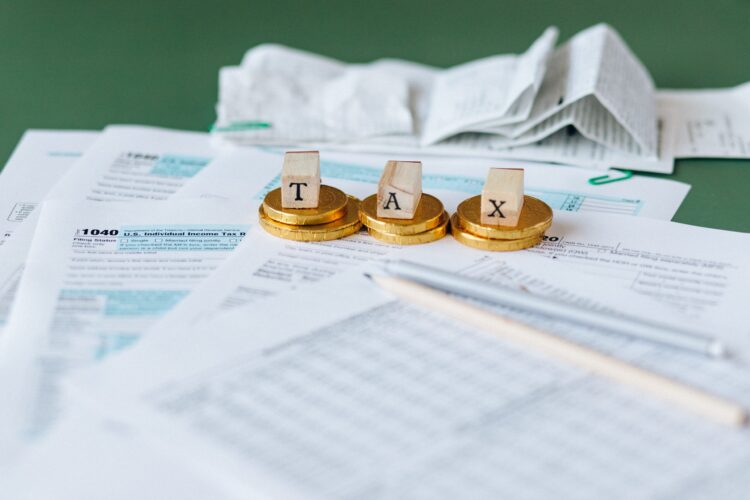In years past, I’ve spent almost four hours getting my business paperwork ready for my tax accountant. The most grueling part was organizing my expenses.
I try to stay organized throughout the year, using software and accordion folders to store everything. But like almost everyone else, I fall behind on my paperwork.
To help you organize last year’s expenses and better prepare for this year’s, I’m sharing my best tips and biggest sins for business expenses.*
Prepping Last Year’s Expenses
Start by understanding what expenses are deductible for your business. IRS publication 334, Tax Guide for Small Business (For Individuals Who Use Schedule C or C-EZ), is a good resource, especially chapter eight. According to the guide:
To be deductible, a business expense must be both ordinary and necessary. An ordinary expense is one that is common and accepted in your field of business. A necessary expense is one that is helpful and appropriate for your business. An expense does not have to be indispensable to be considered necessary.
This is one of the places I’ve done well over the years: identifying tax-deductible expenses. However, I wouldn’t do nearly as well without my accountant “editing” what I’ve saved, cutting anything that’s not a legitimate expense.
Some items to consider:
- Memberships to organizations like American Copy Editors Society and Editorial Freelancers Association, which provide education and business opportunities
- Subscriptions to software you use in your business, such as financial software (e.g., QuickBooks), web hosting (e.g., 1and1), and word processing (e.g., Word 365)
- Software you purchased last year, such as PerfectIt and PhraseExpander
- Subscriptions to online resources, such as The Chicago Manual of Style and Merriam-Webster Unabridged
- Reference books purchased last year, such as a print copy of the AP Stylebook
- Conferences and client-related travel, such as editing conferences and in-person meetings with clients at their offices (see table 1-1 in IRS publication 463, Travel, Entertainment, Gift, and Car Expenses, for details)
- Professional services, such as your tax accountant and tech support
The home office deduction is the most obvious, of course, but you have to follow specific guidelines for it to apply (see chapter eight in Tax Guide for Small Business) and you need to do a little math:
total square footage of your living space/square footage of your home office space
1,300/115.20 = 0.09 or 9%
The resulting percentage is the percentage of utilities and housing expenses you can use as a tax deduction. You can download my Business Deductions Template and use the home office deduction spreadsheet to track expenses and calculate the deduction.
Planning for Next Year’s Expenses
If you start now, you can make next year’s tax preparation much easier—and still keep that shoebox full of receipts. The key is to track and categorize your expenses consistently.
Digitally track your expenses as you go. This will be your biggest time saver. Computers excel at storing information, and a lot of software will organize and categorize that information. My favorites are FreshBooks, QuickBooks, and Mint. You can even use Excel spreadsheets, such as the Business Deductions Template.
Scan or photograph your paper receipts and store them in one folder. I’m good about creating electronic files of my receipts, but I’m terrible at naming them. You can do better: use a file-naming system that includes the date, expense category, and vendor name or other important details. Once you have an e-file, you can put the paper file into that shoebox. The federal government recommends keeping tax records for three years from the filing date.
Create expense categories and use them consistently in all your reporting. This is one of my biggest sins: I’m forever creating new categories and having to reconcile them at the end of the year (see the four hours above). I’ve resolved to create a set of categories based on IRS deductions and tape it to my monitor!
Learn More
Keeping up with changes in tax codes can be challenging. Your best resource is a certified tax accountant who understands your unique situation and your local requirements.
Educating yourself, though, can help you avoid unnecessary panics every April. The IRS has an extensive library of free useful publications available. Also check out QuickBook’s Expense Management section for time-saving tips.
*This article is not legal tax advice. Always consult a tax consultant about your individual situation.
This article originally posted on March 17, 2017, on Copyediting.com.


